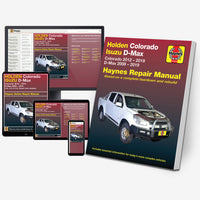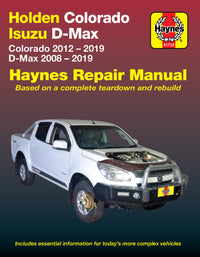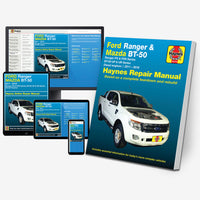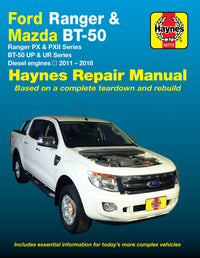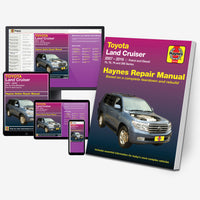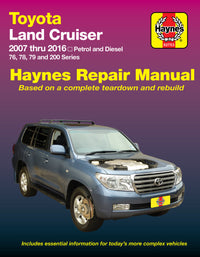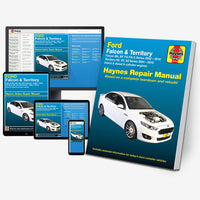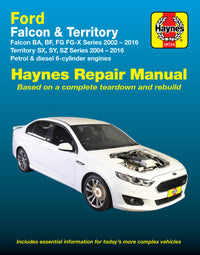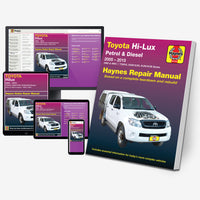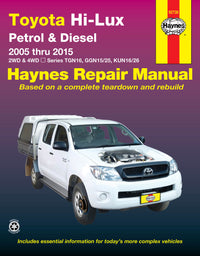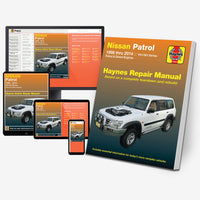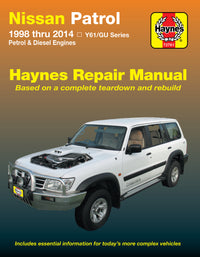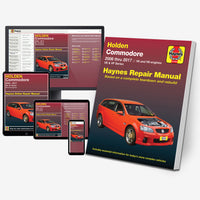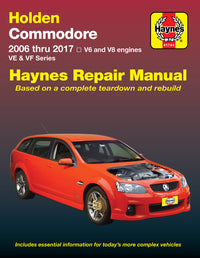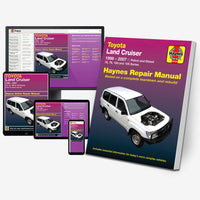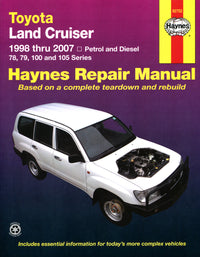Your engine is lots of metal rubbing on lots of other metal very quickly indeed. Of course, there is (or should be) plenty of oil in there to stop things from melting, but oil isn’t the be all, end all. You need to have coolant going around too.
Coolant is the lifeblood of your engine. Without it, the engine will overheat and all manner of horrific things will happen. And none of those things will be cheap to repair, which is why it’s important to look after your cooling system.
The heart of the cooling system is the water pump. Usually driven by the timing belt, the water pump has a direct line into the inner chamber of your engine. Via an impellor blade, which rotates according to engine speed, it pumps the coolant around the engine.
The coolant needs to be moving, otherwise it will just sit and hit up until it literally boils. The pump circulates the coolant from the radiator, where it’s at its coolest, through to the engine and then back to the radiator where it’s cooled once more.
Three signs your pump is on its way out:
1 It’s noisy
Within the pump there is the impellor, and this is mounted onto a bearing so that it can be rotated by the drive from the timing belt. If the bearing wears out, you’re going to hear it. Thankfully the pump will still work, but its days will be numbered.
A sure-fire way to check for unwanted grinding and grumbling noises is to put a long screwdriver on the pump, and then your ear on the screwdriver handle. It’s the garage stethoscope!

2 Your car is getting hot
Obvious really, but if your car is getting hot then it could be a sign that the pump is perhaps not as functional as it once was. The bearing could have locked up, meaning the water isn’t circulating any more.

3 Orange coolant
If you’re coolant is a murky, orange hue, it means there is corrosion. Coolant won’t corrode metal, but if it’s every been filled with just water, that will.
Please do not put just water in your cooling system. It will rust the engine from the inside out, it will clog up the waterways and it will kill the pump. The impellor blades are not usually rust-protected, so they’ll rust away.

What about water pump health? What can you do to ensure your cooling system is as happy as possible?
Change the pump regularly
Generally speaking, water pumps are inexpensive items. As such, when you’re doing routine maintenance such as fitting new timing gear, change the water pump too.
You’ll already have the car apart, so it really is foolish not to for the sake for fifty quid. Just make sure you use the new gasket, and scrape any traces of the old on off the engine block for a perfect seal.
Do a yearly coolant flush
Or even better, do it twice-yearly. Coolant can be bought in summer formula and in winter formula. The former can cope with higher ambient temperatures, whereas the latter won’t freeze easily.
So, change yours according to the season, and while doing it, give the engine a coolant flush with the correct additive. Ph, and make sure you dispose of the old coolant responsibly, not down the drain!

